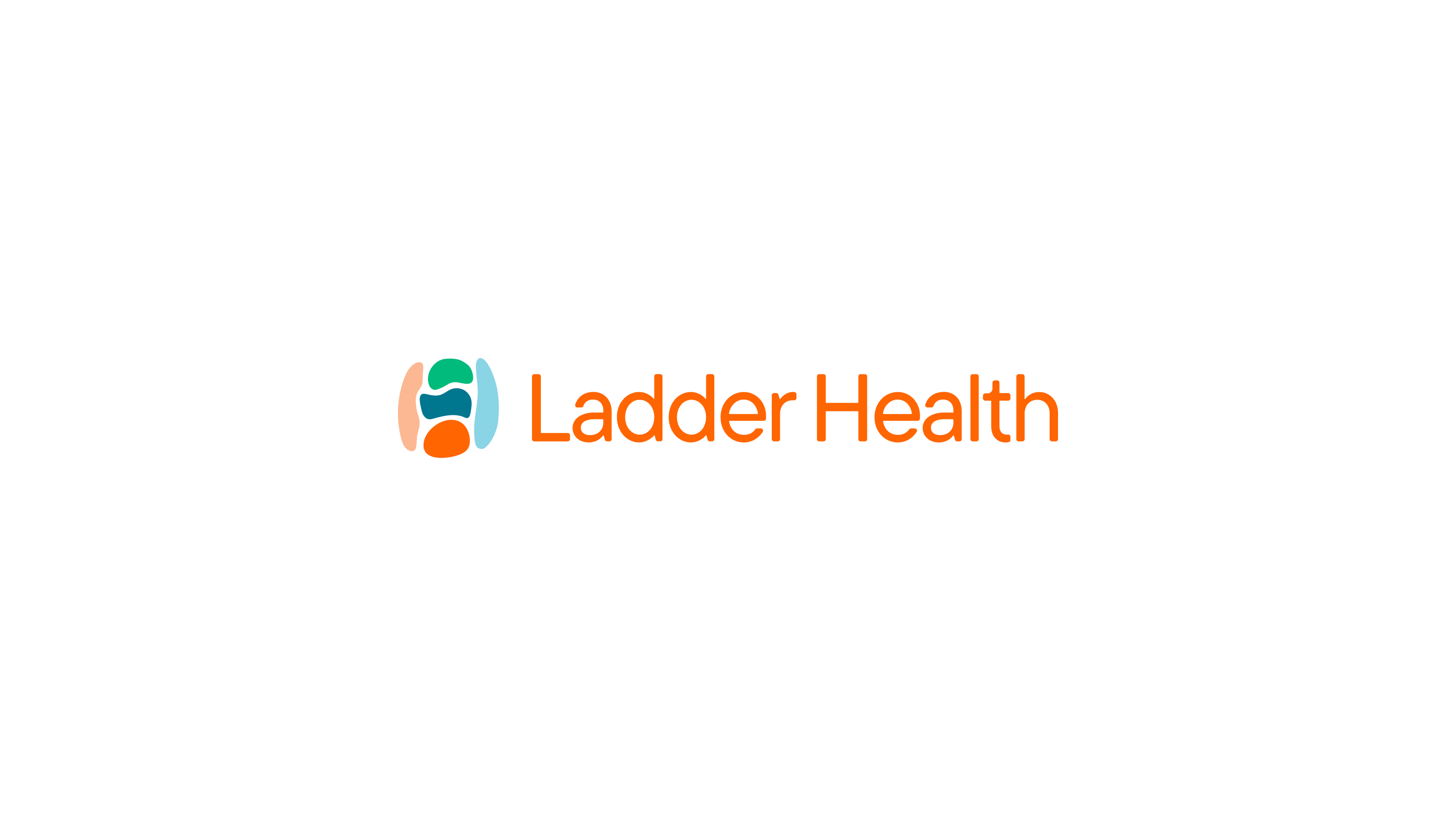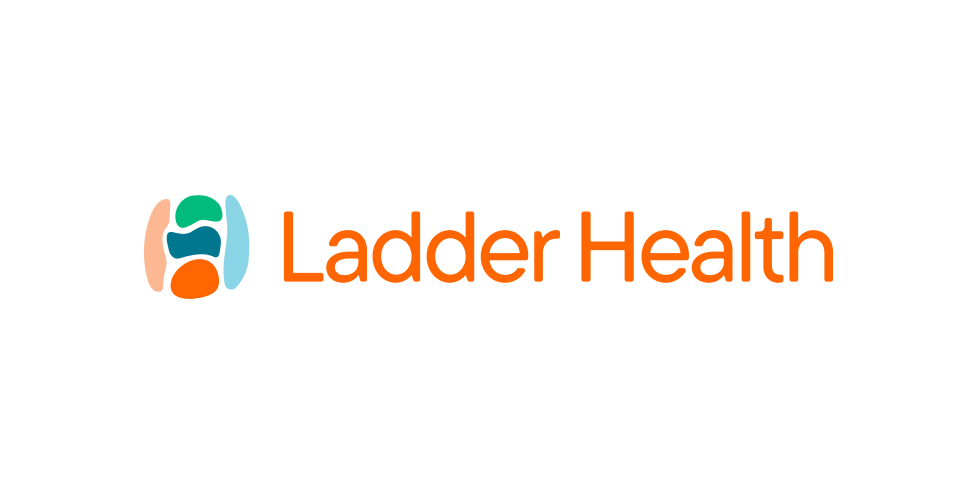It is widely known in healthcare that the nursing profession is at a breaking point. Nurses are leaving hospitals in droves: average annual inpatient hospital nurse turnover is at 27% and 34% of surveyed hospital-based nurses say they are likely to leave their current position. The combination of nurses burnt out from the pandemic and nurses projected to retire over the next few years (50+ percent of all RNs are over the age of 50) will continue to exacerbate the shortage. This exodus from patient care is devastating for hospital financials, puts patient outcomes at risk, and inevitably puts pressure on the nurses who remain behind, increasing burnout and driving further disruptions for the hospital.
At the same time, the world around us has begun to rethink the way we work. Remote jobs, the gig economy, and a 4-day work week have taken center stage, while the nursing industry is trapped in models of the past. Many hospitals still employ paper-based scheduling, rely on nurse managers to call nurses individually to fill shifts, and write down vacation days on carbon copied paper. The 12-hour, 3-day work week with limited flexibility remains commonplace and the rigidity of these models reduces the ability of hospitals to recruit and retain talent.
While other industries more nimbly shift towards newer working models, hospitals also face the complexities of 24/7, in-person coverage, with needs varying depending on the number of patients. To supplement their staff, hospitals have historically relied on temporary nurses including internal float pools, external agencies, travel nurses and international nurses. Venture dollars have flooded into healthcare staffing marketplace startups (e.g., Trusted Health, ConnectRN, ShiftMed, CareRev) which have raised more than $1B since the pandemic began. Startups such as these are an effective solution to the short-term, acute staffing needs of a health system. But long-term, we believe sustainable relief will hinge on finding ways to improve the job design of the nursing workforce. What can we do to maximize the satisfaction and retention of today’s hospital-employed nursing workforce?
Enter M7 Health, co-founded by Ilana Springer Borkenstein and Eric Gruskin. I first met Ilana in the dining hall at Harvard Business School in Fall 2021 over lunch between classes. She is a Registered Nurse by training who came to business school by way of the night shift on the bone marrow transplant turned COVID-19 unit at Memorial Sloan Kettering Cancer Center (unit M7) in New York City. While caring for patients during their most vulnerable moments, Ilana experienced firsthand how the backbone of our healthcare system, nurses, is also the least invested in healthcare. She arrived on campus determined to leverage her experiences at the bedside and in the classroom to make her mark on the nursing shortage and teamed up with our classmate Eric, an expert in reshaping out-of-date analog processes into digital experiences, to do so.
M7 Health is building a dynamic nursing workforce management system to give health systems the data and tools they need to understand and optimize for each individual nurse’s work-life preferences and career aspirations. They are focused first on reimagining nurse scheduling, transforming the tedious, administrative foundation of a nurse’s job experience into a powerful window into nurse preferences, and an opportunity for greater efficiency, predictability, transparency, and fairness.
At 25m Health, we could not be more excited to have led M7 Health’s $1.75M pre-seed to help Ilana and Eric bring innovation to the backbone of our healthcare system.
If you are excited to make nursing jobs work for nurses, M7 Health is hiring a Lead Software Engineer.
If you are building in healthcare, I would love to chat. Send me a note at rebekah.foster@25madison.com








